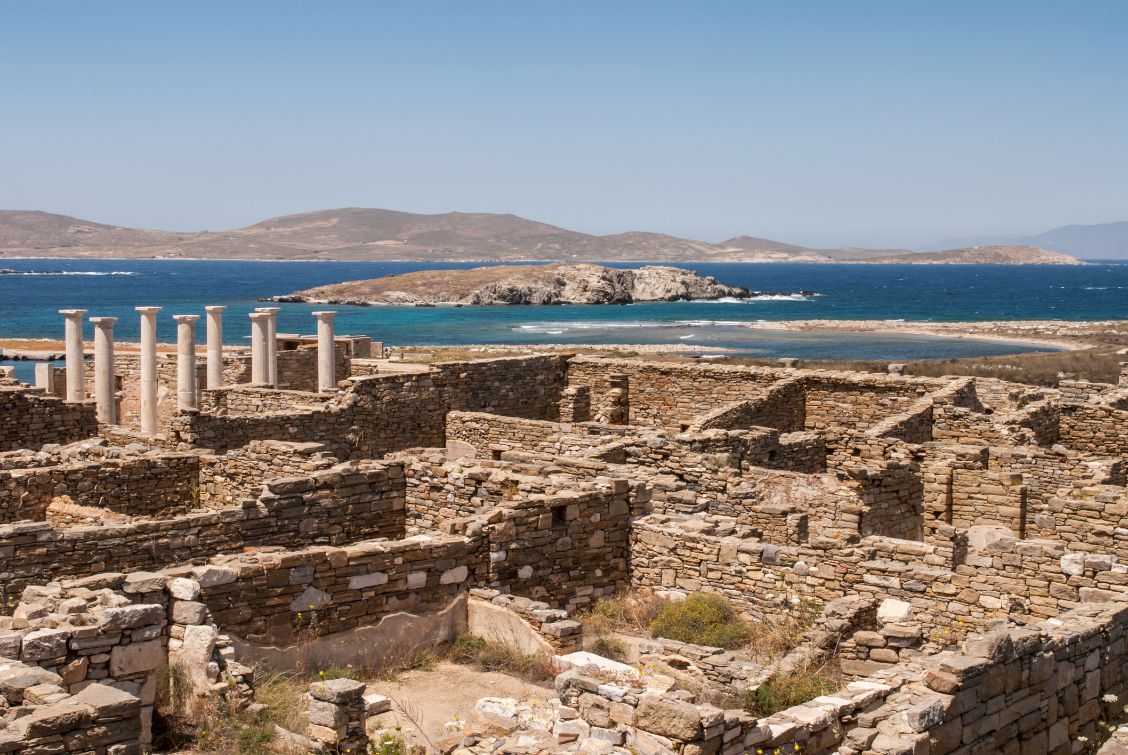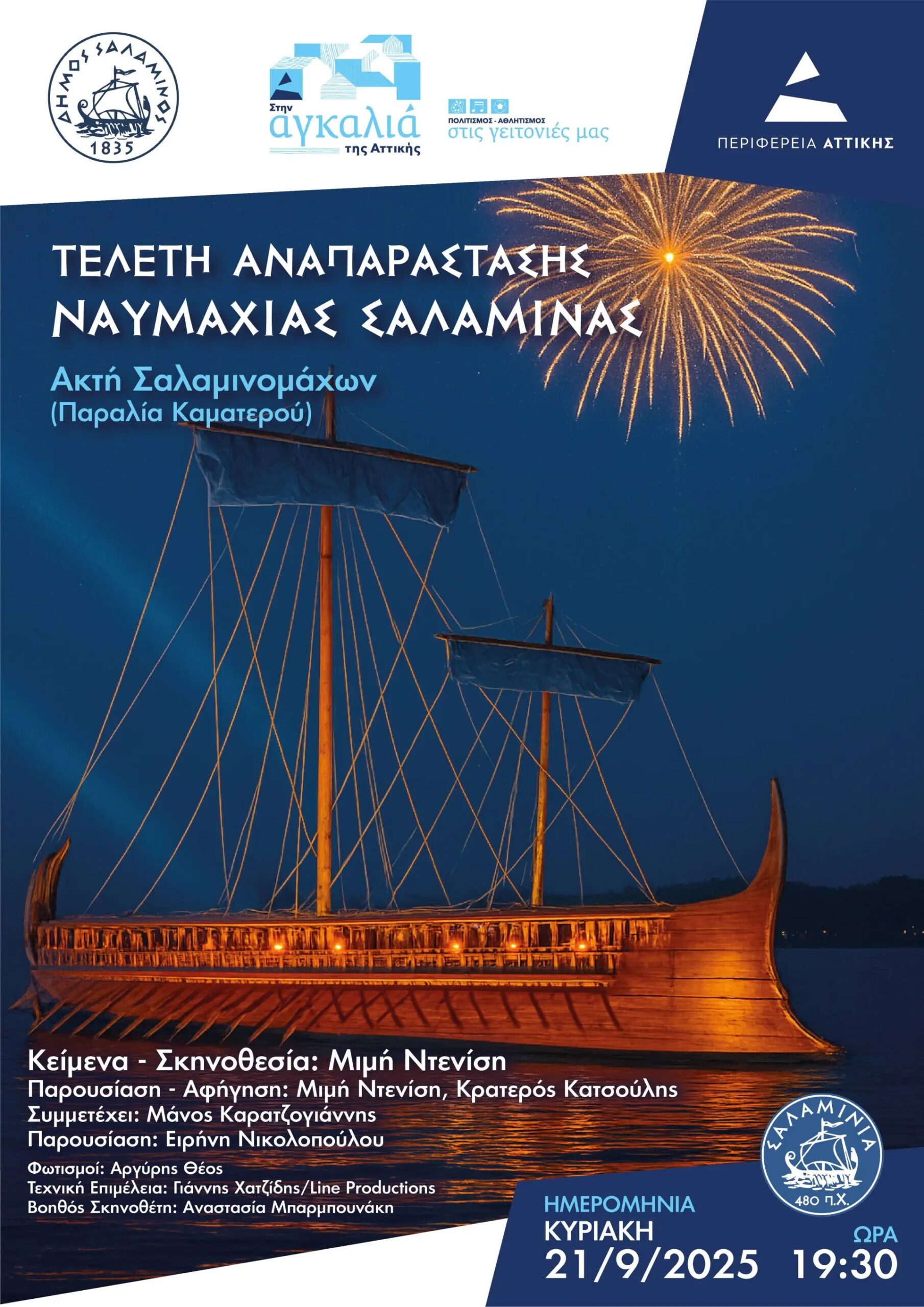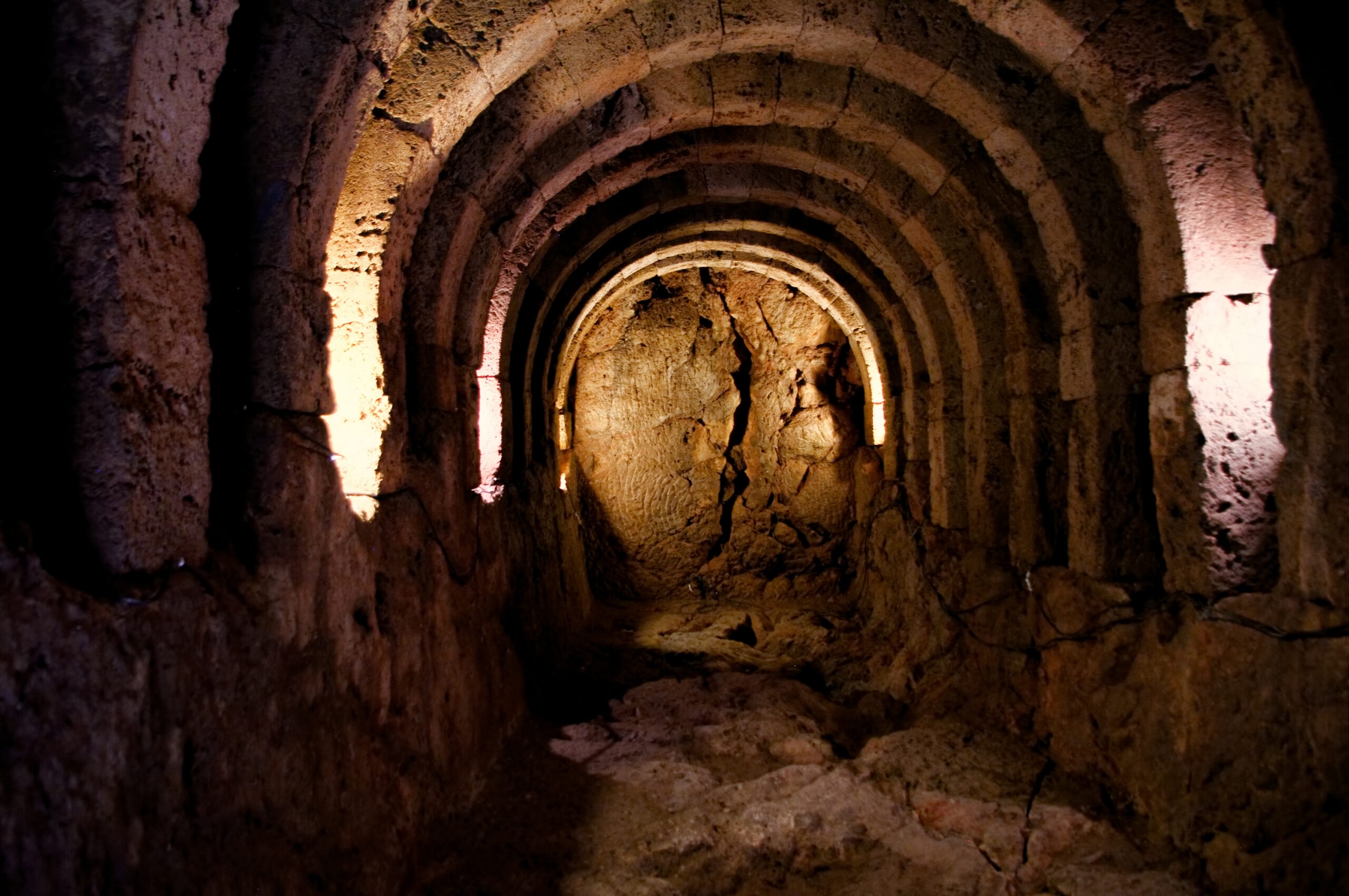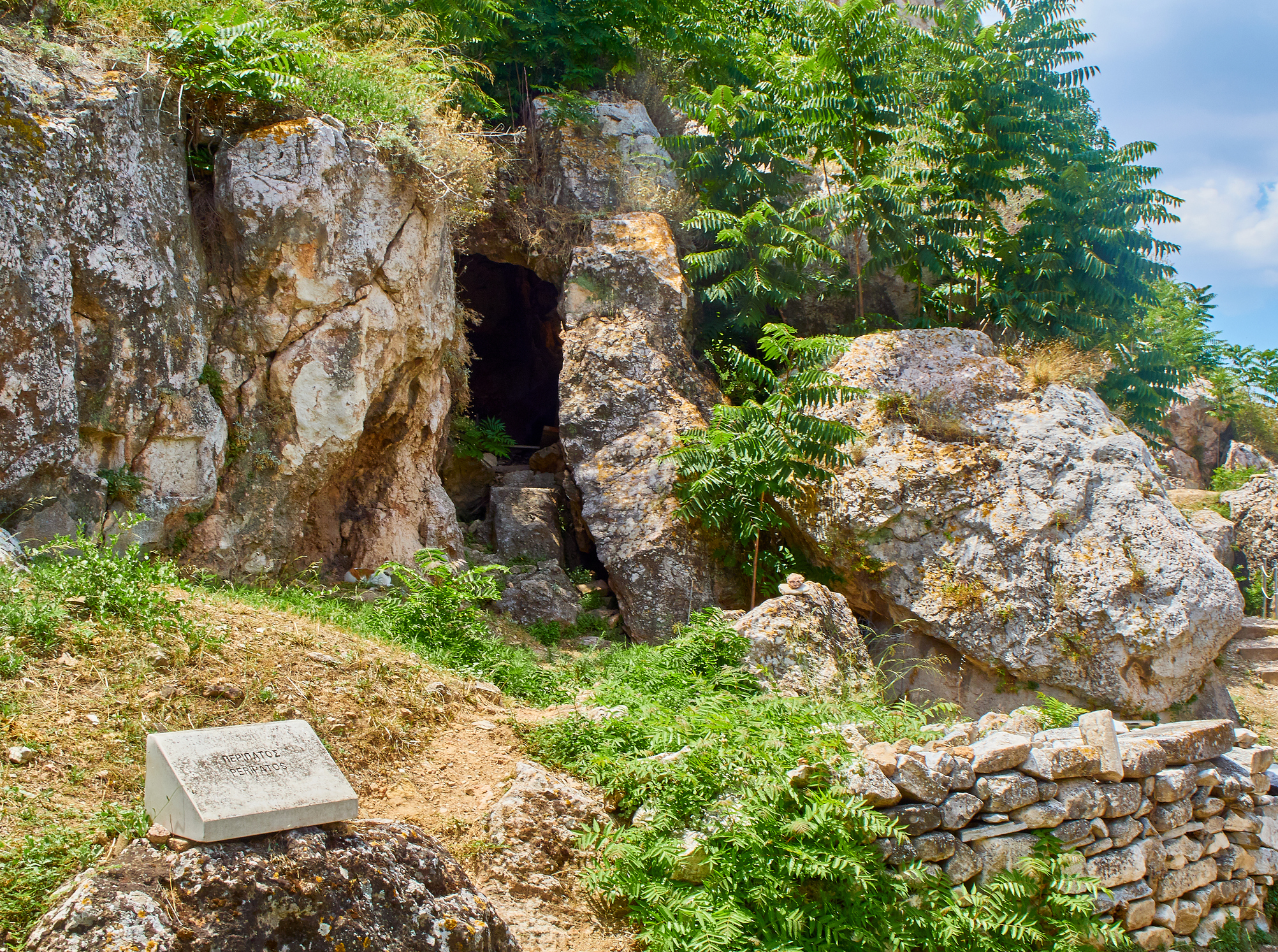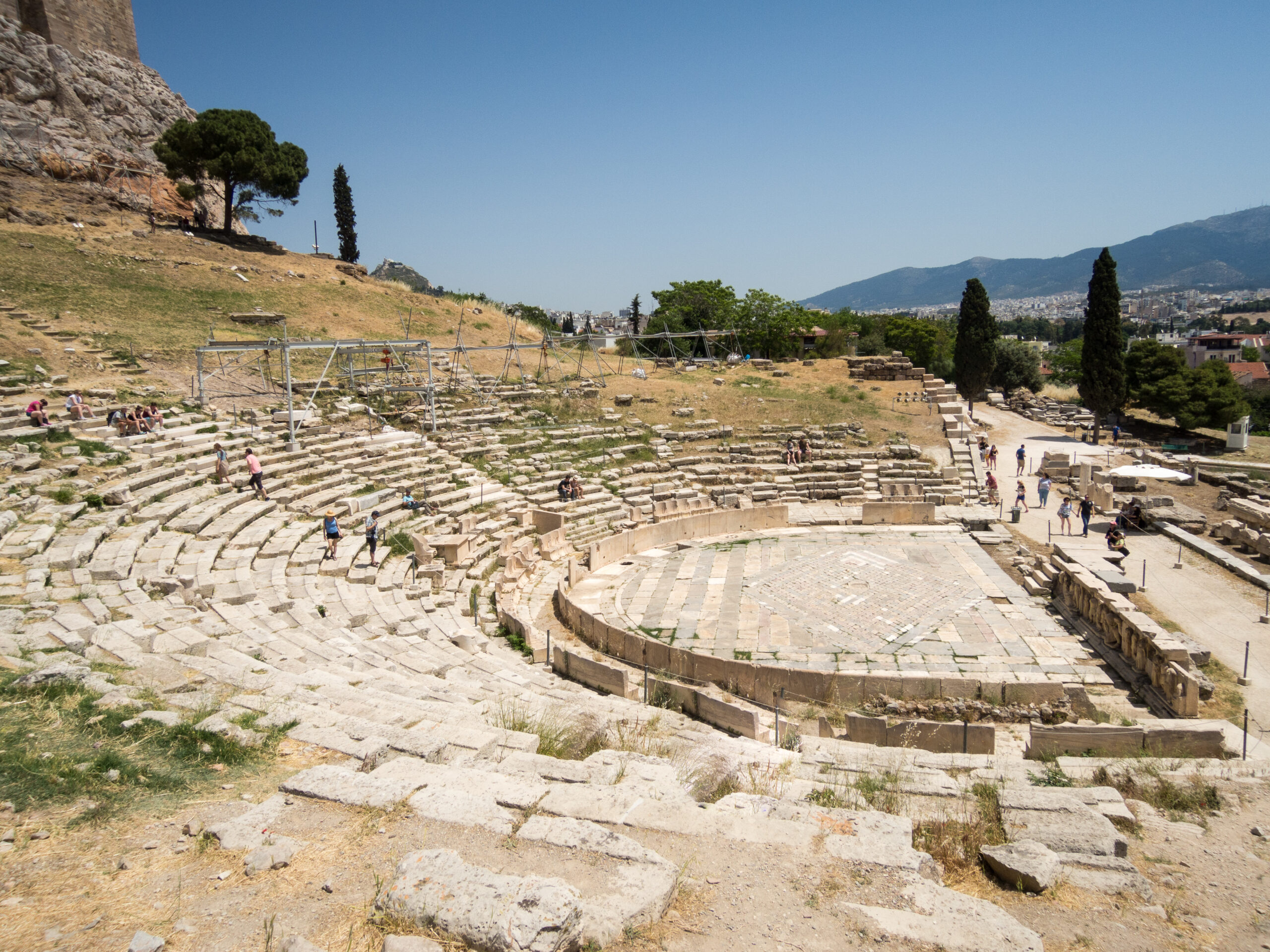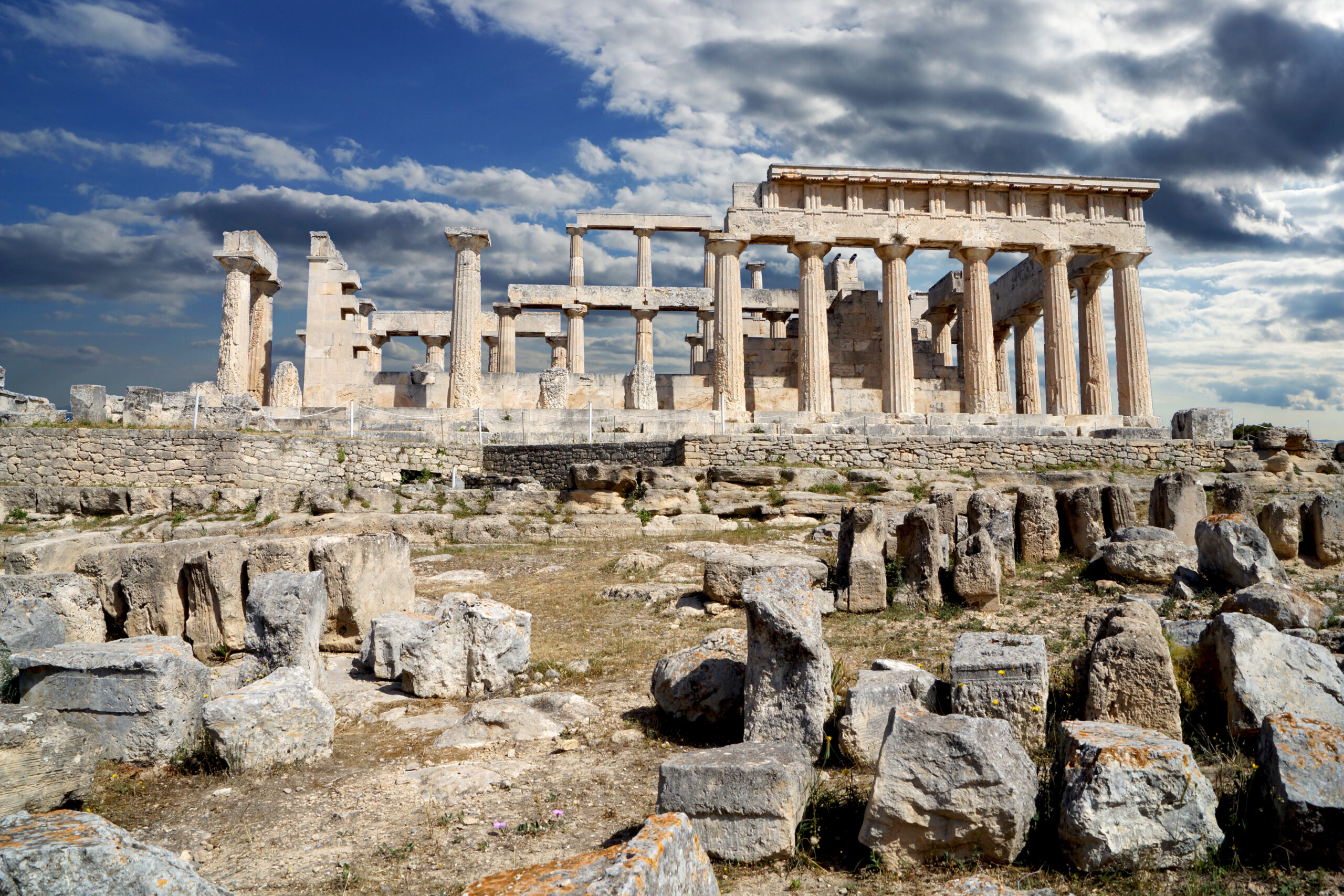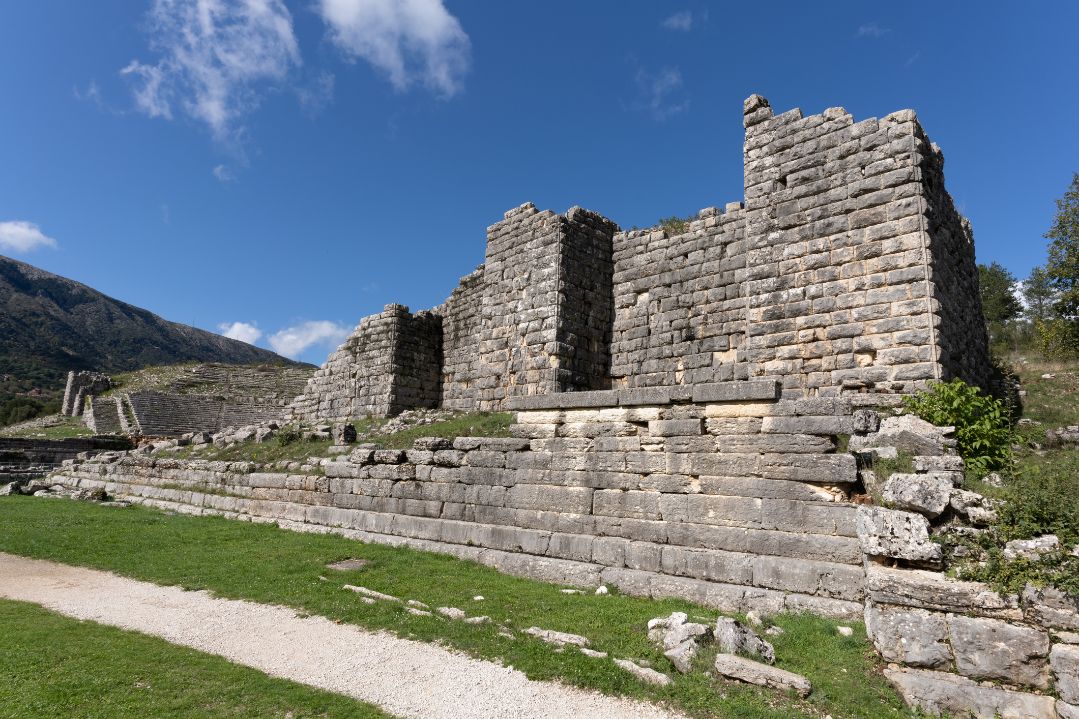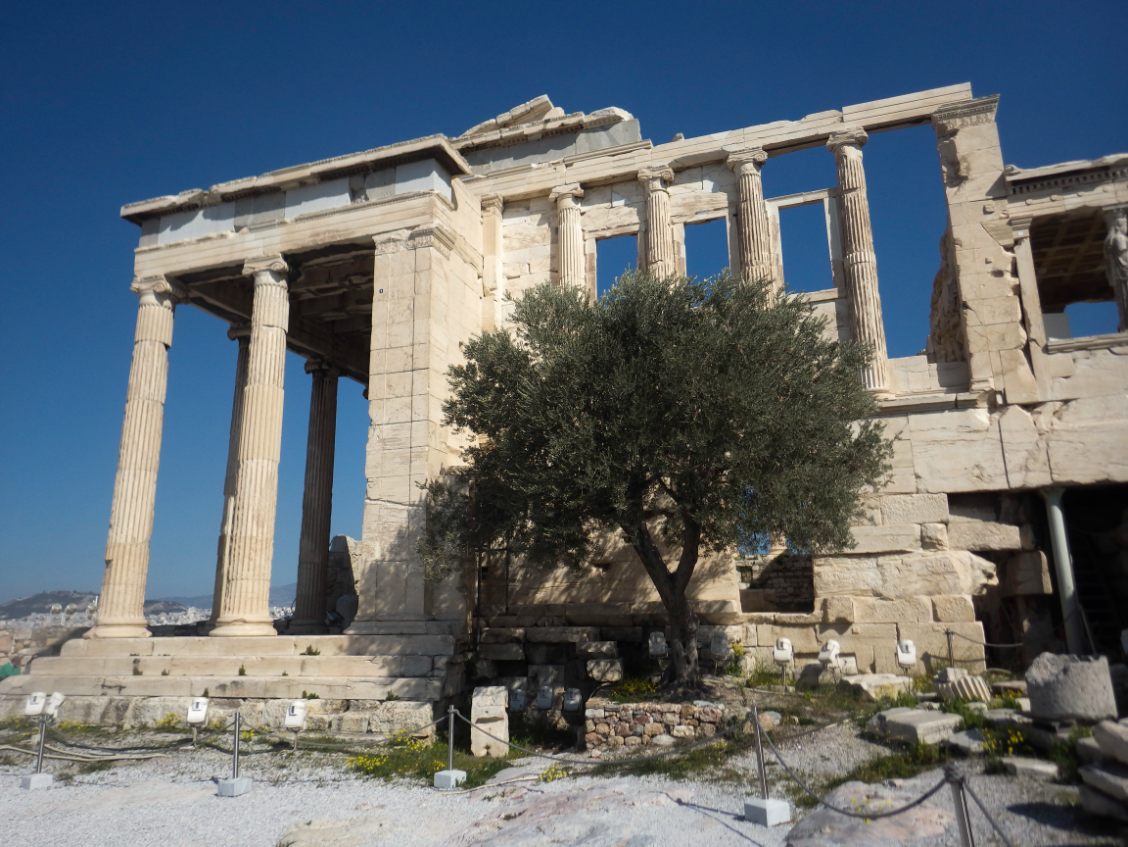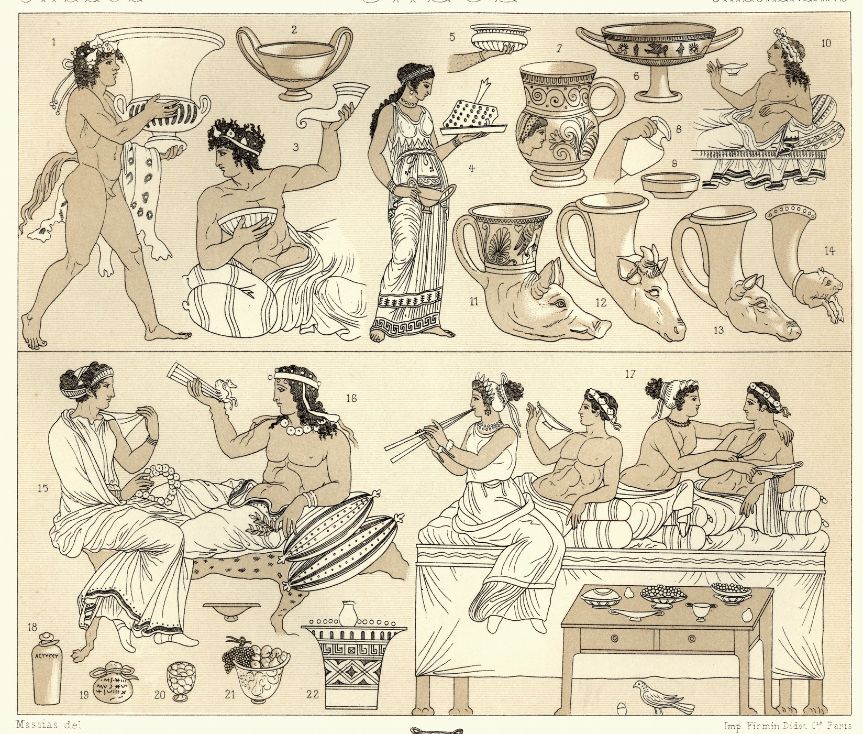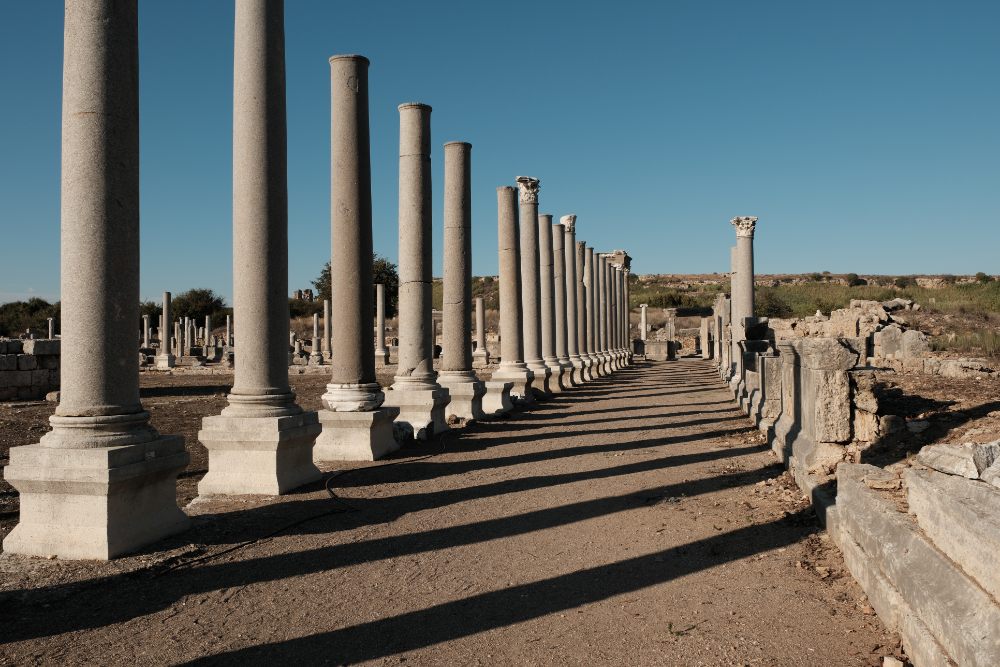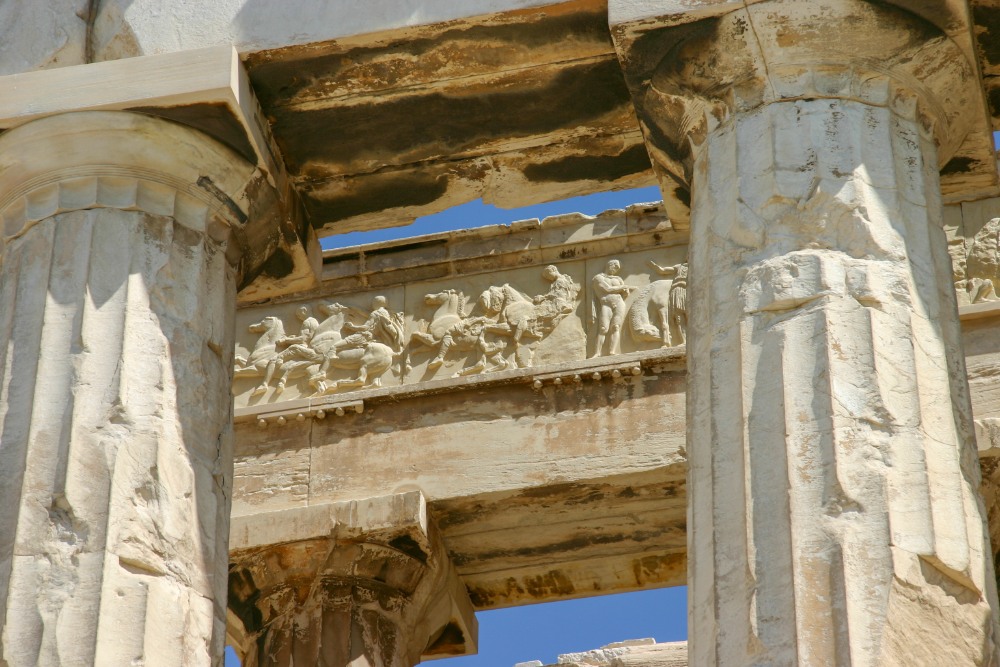A Timeless Tapestry of Myth and History
Delos, a small island in the Aegean Sea, is a jewel of the Cyclades archipelago in Greece, celebrated for its profound historical and mythological significance. As a UNESCO World Heritage site, Delos is renowned as one of the most crucial archaeological sites of ancient Greece. In Greek mythology, Delos is famed as the birthplace of the twin deities Apollo and Artemis. According to legend, Leto, their mother, found refuge on the island, thus making Delos a sacred sanctuary primarily dedicated to Apollo. This mythical heritage transformed Delos into a vital religious center, thriving from the 9th century BC to the 1st century AD and attracting pilgrims from all over the Mediterranean.
The archaeological ruins of Delos provide a window into the religious, political, and daily lives of its ancient residents. Key structures include the Terrace of the Lions, featuring marble lion statues dedicated to Apollo, and the Temple of the Delians, an impressive Doric temple. The residential quarters, exemplified by the House of the Trident and the House of the Dolphins, showcase intricate mosaics, revealing the opulent domestic life of Delos’s wealthy citizens.
Delos experienced decline during the Roman era due to shifting political influences and increased piracy, leading to its abandonment. However, modern archaeology has rekindled interest, making Delos a focal point for those fascinated by ancient Greek culture.Today, Delos stands as a testament to its storied past, inviting visitors to explore its ruins and reflect on its enduring legacy, blending mythology with historical insight into ancient Greek civilization.

